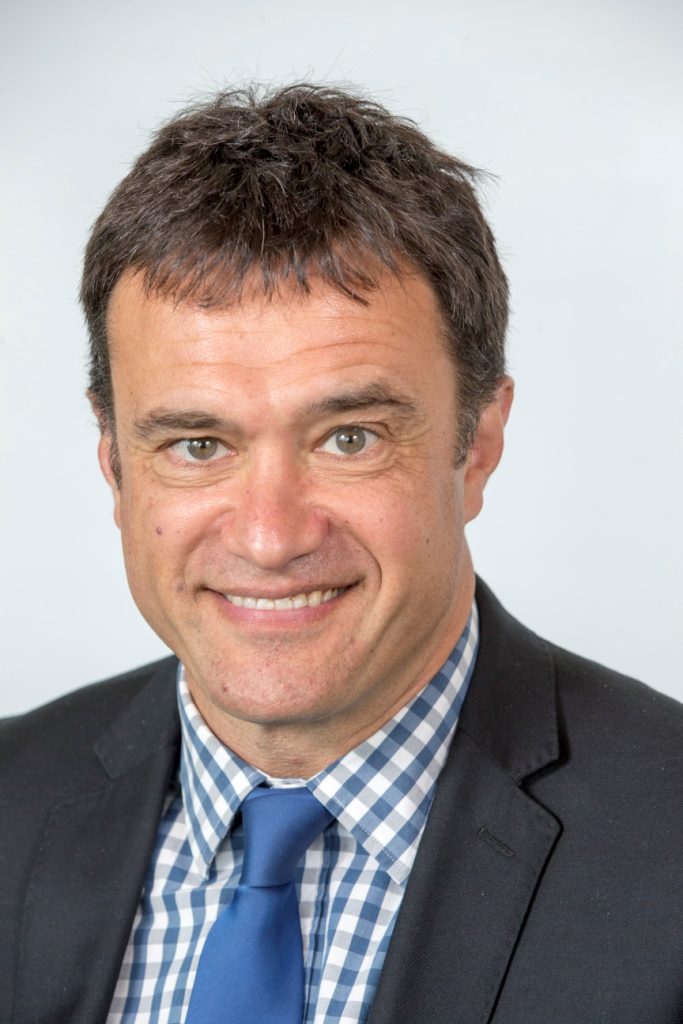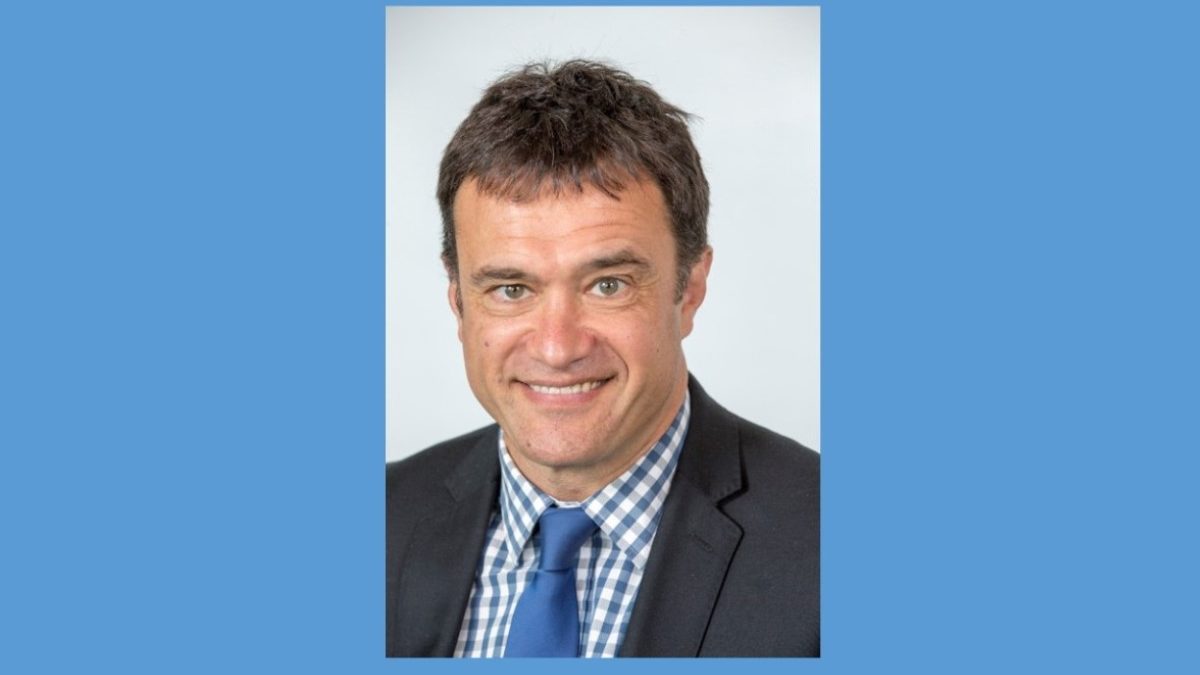Waikato Regional Council news
Big issues will require bold leadership over the next three years to ensure the best for the people of the mighty Waikato.
That’s the word from Waikato Regional Council chief executive Vaughan Payne, who has today released his pre-election report to promote public discussion about the issues facing the council ahead of the local government elections.
“To achieve the best for the Waikato I get to work with great leaders, including our partners, councillors and staff,” Mr Payne said. “Those before us have created a great foundation, and it’s our responsibility to build upon this for those here today, and the generations that come.”

Mr Payne said many of the challenges facing the Waikato region are being tackled nationally, but “a tension often exists between the national direction we receive and our local priorities, creating resourcing issues which ultimately hit our ratepayers”.
Water quality, crucial for agriculture, industry and quality of life for local communities, remains the most important environmental issue for people of the Waikato region. It’s also been a focus for the Government, with the revised National Policy Statement for Freshwater Management due to be released.
“One of the things I’m really passionate about is all the work landowners and community groups have put into restoration work,” Mr Payne said. “Few people know that in just the last two years 472km of fencing has been completed – that’s equivalent to more than the length of the Waikato River.
“This work, combined with native planting and retirement of land, doesn’t just contribute to improved water quality, it has positive flow-on effects for our biodiversity, our harbours and coasts, and climate change.
“On top of all this great work, our Freshwater Strategy ensures we have a strategic approach to managing fresh water, but when it comes to improving the health of our waterways, the Government is expecting even more to be done,” Mr Payne said.
“This could require change at a pace that is unaffordable for our communities, so councillors will have to work together to find solutions to help keep rates affordable.
“We’ve always made sure we inform Ministers and officials in Wellington of any potential unintended consequences policy changes could have. This is work the new council will need to continue to ensure government proposals will achieve the intended outcomes, and are practical for us to implement.”
Climate change has also been a hot topic, and not just in the Waikato, he said. “The risks to our region are likely to be immense as we look at how we respond to increasing extremes in weather, including storm events, coastal inundation and erosion, as well as other hazards.
“We’re already working to understand and respond to these impacts so our communities are more resilient. But upgrading our flood protection infrastructure, for example, is going to come with extra cost for our ratepayers – and that’s going to require some bold leadership from our council,” Mr Payne said.
There are other issues too. Pest invasions are a major threat to the region and a review of the plan to manage plant and animal pests will be carried out in the next triennium. Decisions will also be required on:
· what the council’s priorities for the next three years should be
· a bold plan to improve water quality (Healthy Rivers/Wai Ora)
· ways to better care for our harbours and coastlines
· how we work in partnership with iwi Māori
· our regional economic development strategy.
“These are just some of the big issues on which the new council will have to make decisions. Councillors will be provided with technical expertise to guide informed decision making, and always with the wellbeing of our communities in mind,” he said.
“If you’re a voter, I strongly encourage you to make sure you know what the issues are. That way your vote can go to the person who you think will make the best decisions, not just for you but for those who don’t have a voice – our future generations and environment.”

